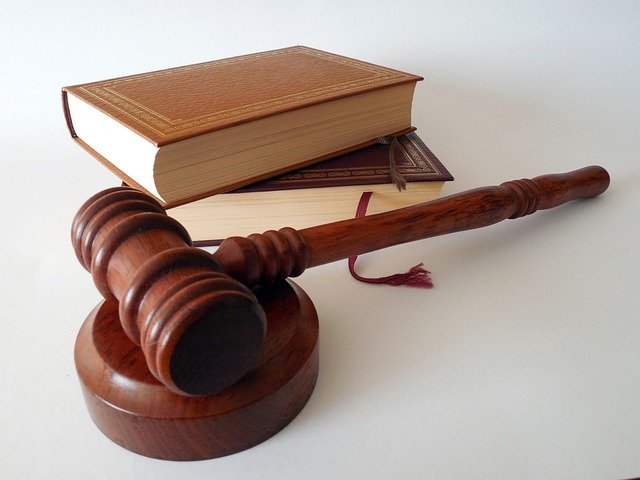Title: Decoding the Jury Nullification Debate
In the realm of criminal justice, few concepts spark as much controversy and intrigue as jury nullification. This legal phenomenon, where jurors acquit defendants despite clear evidence of guilt, challenges the very foundations of our judicial system. As courts grapple with its implications and legal scholars debate its merits, jury nullification continues to shape the landscape of American jurisprudence in unexpected ways.

The Legal Status of Jury Nullification
Despite its long history, the legal status of jury nullification remains ambiguous. While courts generally acknowledge that juries have the power to nullify, they are not informed of this right. The Supreme Court has consistently held that jurors must be instructed to follow the law as given by the judge, effectively discouraging nullification. This tension between jury power and judicial instruction creates a complex legal landscape.
Arguments in Favor of Jury Nullification
Proponents of jury nullification argue that it serves as a crucial check on government power and unjust laws. They contend that it allows citizens to directly participate in the evolution of law and provides a mechanism to prevent the enforcement of outdated or oppressive statutes. Supporters often cite historical examples, such as acquittals in fugitive slave cases, as evidence of nullification’s positive societal impact.
Criticisms and Concerns
Critics of jury nullification raise several concerns. They argue that it undermines the rule of law, creates inconsistent application of justice, and potentially allows personal biases to influence verdicts. There are also worries that widespread nullification could lead to anarchy in the legal system, with juries effectively rewriting laws on a case-by-case basis. These concerns have led many judges and prosecutors to actively discourage nullification.
Recent Developments and Court Rulings
In recent years, the debate over jury nullification has intensified. Some states have considered legislation to inform jurors of their nullification power, while others have taken steps to prevent nullification advocacy. Court rulings have generally upheld restrictions on explicit nullification instructions, but the issue remains contentious. The 2017 case of United States v. Kleinman highlighted the ongoing judicial struggle to balance jury independence with adherence to the law.
The Impact on Criminal Justice Reform
Jury nullification intersects with broader discussions of criminal justice reform. Advocates argue that it can serve as a tool to address systemic inequities, particularly in cases involving drug offenses or other crimes disproportionately affecting minority communities. However, critics caution that relying on nullification for reform could lead to uneven justice and undermine legislative efforts at comprehensive change.
Ethical Considerations for Legal Professionals
The nullification debate poses ethical dilemmas for lawyers, judges, and other legal professionals. Defense attorneys must navigate the fine line between zealous advocacy and encouraging nullification, while prosecutors and judges work to maintain the integrity of the legal process. This ethical tightrope highlights the complex role of personal morality within the structured framework of the justice system.
International Perspectives on Jury Nullification
While jury nullification is often viewed as a uniquely American phenomenon, similar concepts exist in other legal systems. Examining how different countries approach jury independence and the application of law provides valuable insights into the universal challenges of balancing judicial authority with citizen participation in the justice process.
The Future of Jury Nullification in American Law
As society evolves and new legal challenges emerge, the role of jury nullification in American jurisprudence remains uncertain. Will courts continue to discourage the practice, or will growing awareness lead to more explicit recognition of jury power? The ongoing debate reflects deeper questions about the nature of law, justice, and democracy in a changing world.






